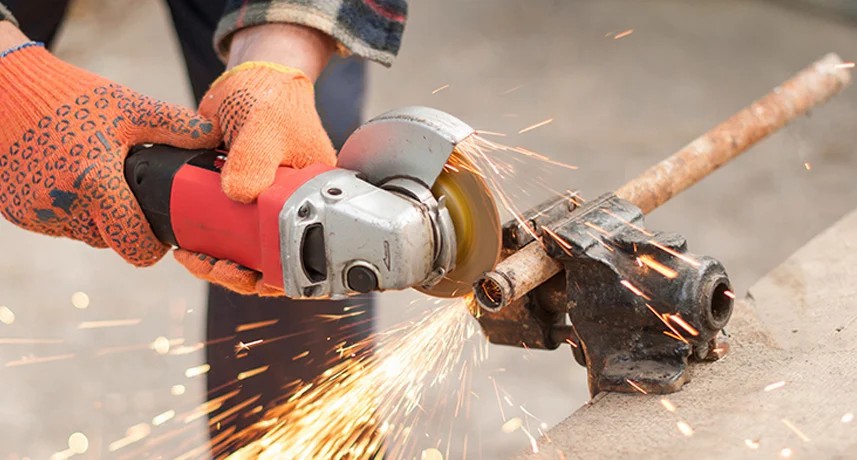The Ultimate Guide to Abrasive Wheels: Types, Risks, and Training for Safety Success
Abrasive wheels are essential tools in many industries, making them invaluable for cutting, grinding, and polishing materials. Understanding the different types available, their applications, and the associated risks is crucial for anyone working with these tools. In this comprehensive guide, we will explore the various types of abrasive wheels, their uses across industries, and the importance of safety training in cities like Dublin, Cork, Galway, and Limerick.
Types of Abrasive Wheels
Abrasive wheels can be classified into different categories based on their specific function and material composition:
- Grinding Wheels: Made from abrasive grains, used for grinding and sharpening metals. Commonly used in workshops, engineering, and manufacturing industries.
- Cutting Wheels: Designed for cutting through various materials, including metal and concrete. Widely used in construction and metalworking.
- Polishing Wheels: Used for finishing surfaces to a high shine, ideal for automotive and manufacturing applications.
- Flap Discs: Composed of overlapping layers of abrasive material, perfect for grinding and finishing applications.
- Diamond Wheels: Specialized for cutting hard materials like glass and ceramics, primarily used in construction and manufacturing.
Abrasive Wheels Applications
The applications of abrasive wheels are extensive, and industries across Ireland rely on them:
- Construction: Cutting wheels are indispensable for masonry work, carpentry, and flooring.
- Automotive: Grinding wheels are essential for machining engine parts and finishing surfaces.
- Manufacturing: Polishing wheels enhance finishes on products, ensuring quality standards are met.
- Metalworking: Tools and equipment benefit greatly from grinding and cutting wheels for efficiency.
Risks Associated with Abrasive Wheels
While abrasive wheels are powerful tools, they also pose significant risks if not handled correctly:
- Wheel Breakage: Improperly mounted wheels can shatter, leading to flying debris and serious injuries.
- Overheating: Excessive friction can cause overheating, resulting in burns and equipment damage.
- Inhalation Hazards: Dust generated during grinding can cause respiratory issues if proper protection is not used.
- Noise Exposure: Prolonged exposure to loud machinery poses hearing risks in the workplace.
Importance of Abrasive Wheels Training
Training ensures workers understand how to use abrasive wheels safely and efficiently. Here are some key benefits:
- Risk Mitigation: Certified training reduces the likelihood of accidents caused by misuse.
- Regulatory Compliance: Adhering to safety regulations in Ireland helps avoid penalties and promotes a safe working environment.
- Skill Development: Proper training enhances worker skill levels, increasing productivity and efficiency.
Finding Certified Abrasive Wheels Training Courses in Ireland
Businesses and workers in cities like Dublin, Cork, Galway, and Limerick can access various certified training programs:
Conclusion
Understanding the different types of abrasive wheels, their applications, and the related safety risks is crucial to workplace safety. Investing in certified training can significantly mitigate risks associated with their use. Enroll in an Abrasive Wheels Course and ensure compliance with Irish safety regulations, protecting both yourself and your colleagues. For inquiries, contact us at [email protected].



 349,500 Offered Certificates
349,500 Offered Certificates
 24/7 Online Training
24/7 Online Training
 Money Back Guarantee
Money Back Guarantee
 Fully Accredited Courses
Fully Accredited Courses
